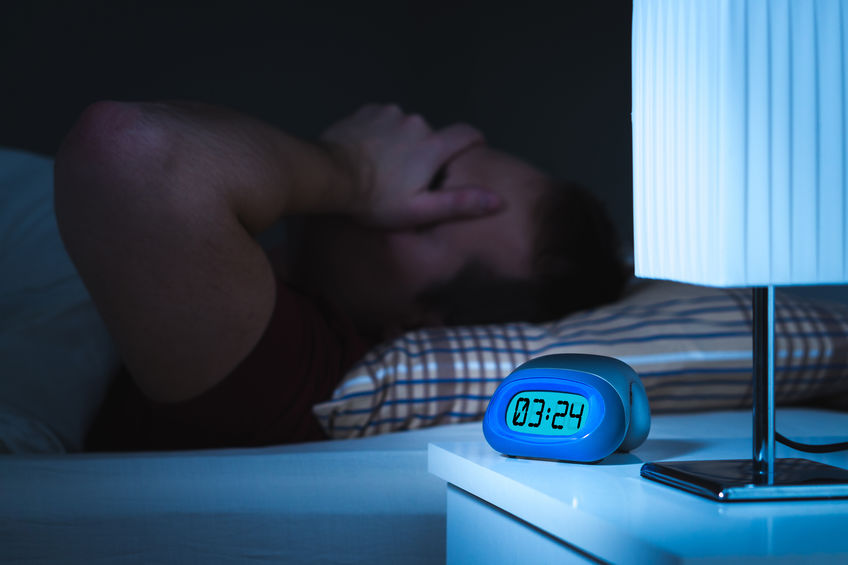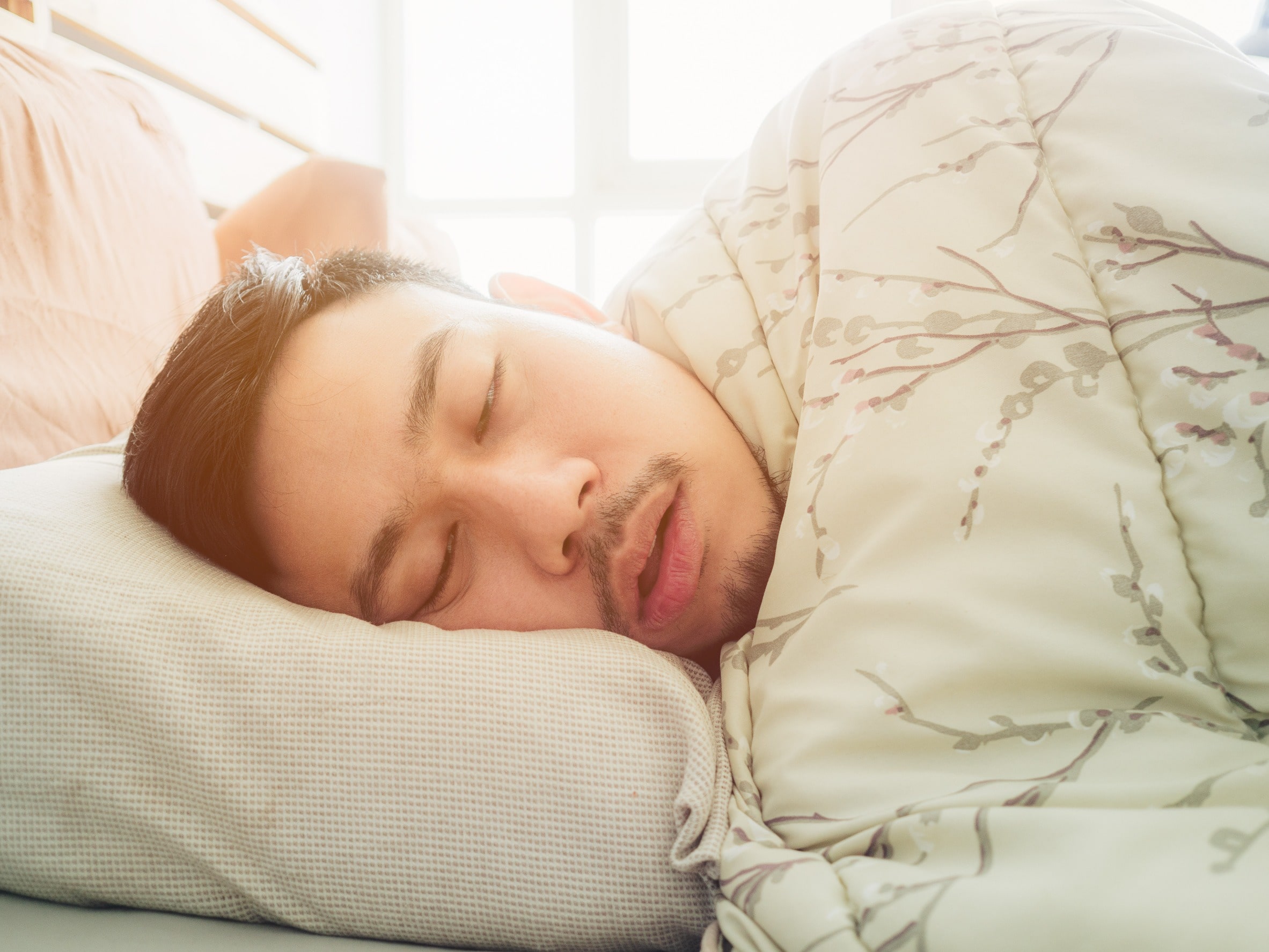How can you tell if your sleep troubles are insomnia? It can be complicated, but Justin Arocho, Ph.D., explains how you can tell if you have insomnia or not.
Insomnia is the term used for not being able to sleep enough, or well enough, despite having the chance to get a full night’s sleep. According to the American Academy of Sleep Medicine, about one third of adults experience insomnia at least occasionally. So, it’s a relatively common experience many of us go through. Insomnia can happen to anyone, at any age — from children through older adults.
Insomnia Symptoms
- The main symptom is trouble sleeping. This includes one or more of the following:
- Difficulty falling asleep (also called “early insomnia” because it happens at the start of sleep)
- Difficulty staying asleep (also called “middle insomnia” because it happens in the middle of sleep)
- Waking early and being unable to go back to sleep (also called “late insomnia” because it happens at the end of sleep)
- Fatigue or tiredness in the daytime
Insomnia can be acute or chronic. Most people experience acute insomnia, like after making a change to their daily routine or schedule, or when really excited by or worried about something. This type of insomnia usually goes away on its own after a few days to a few weeks.
Chronic insomnia happens at least three times each week for three months or more. Up to 10% of adults experience chronic insomnia. Thankfully, there are proven treatments to help!
SEE ALSO: Our Insomnia and Treatment Overview page
Is It Insomnia or Something Else?
Having trouble sleeping doesn’t mean you’re necessarily experiencing insomnia. In fact, it’s normal to have trouble sleeping from time to time. Having trouble falling asleep (especially on Sunday nights) and having trouble getting back to sleep are both common experiences. One clue that you may have insomnia is that it takes longer than 30 minutes to fall asleep, or to get back to sleep if you wake in the night.
Other conditions can cause trouble sleeping besides insomnia:
- Health conditions, like sleep apnea, restless legs syndrome, and chronic pain
- Other sleep disorders, like narcolepsy
- Side effects of medications
“Do I Have Insomnia” Quiz:
Here are some yes or no questions to help you determine if insomnia may be a problem for you:
- Do your sleeping difficulties make you tired or fatigued during the day?
- Do you have trouble getting the amount of sleep you plan for at least 3 nights per week?
- Does it take you longer than 30 minutes to fall asleep when you go to bed?
- Do you wake up in the night and it takes you longer than 30 minutes to fall back asleep?
- Do you try doing everything in your control to get sleep or improve your sleep?
- Do you try to go to bed early or stay in bed later in the morning to make up for lost sleep?
If you said yes to most of these questions, consider seeing a healthcare provider to discuss which solutions might make sense for you.
Insomnia Causes
Some factors that can lead to chronic insomnia include:
- Genetics — some of us are more susceptible to insomnia by nature (e.g., being a “light sleeper”)
- Uncomfortable sleeping environment —bright, noisy, or too hot/cold
- Changes in your routine or schedule
- Caffeine use
- Alcohol use
- Strong emotions (like being very excited, or receiving shocking/upsetting news)
- Stressful life events
- Anxiety and worry
- Depression
Of course, these factors don’t cause insomnia for everyone. For most people, these factors might disturb sleep occasionally, but not every time.
CBT-I: A Brief But Effective Treatment
Cognitive-behavioral therapy for insomnia (CBT-I) is the first-line treatment for chronic insomnia. This means it’s the treatment that should be tried first and has been proven effective and helpful. It’s recommended to try first because of it has no side effects or risk of drug dependency, and it’s effective.
Jane was always tired during her workday. No matter what she tried, she couldn’t sleep more than 5 or so hours each night, and she tried a lot of things! She had “stress relief” tea before bed, she went to bed early to get extra sleep, she didn’t set an alarm on her days off — but nothing worked. Jane’s friend recommended she look into CBT-I.
Jane learned from her primary care doctor that she had chronic insomnia and recommended CBT-I. Her CBT-I therapist explained the treatment to her and made sure she understood it. First, Jane started keeping a daily sleep log. Jane’s therapist also taught her about which everyday tips and strategies could help her sleep better, and which ones weren’t so helpful. With her therapist’s guidance, Jane began making changes to her sleep routine to build healthier habits around sleep. Over several weeks, Jane’s sleep began to improve — she was sleeping more each night and not feeling tired during the day. Jane’s therapist helped her learn habits that would keep her sleeping better going forward. Feeling much improved, Jane and her therapist ended their work together after a couple of months.
Finding Help
For further information on treatment options for sleep difficulties, consult our other pages on insomnia. If you have questions about whether CBT-I might be helpful for you, please feel free to contact us.










